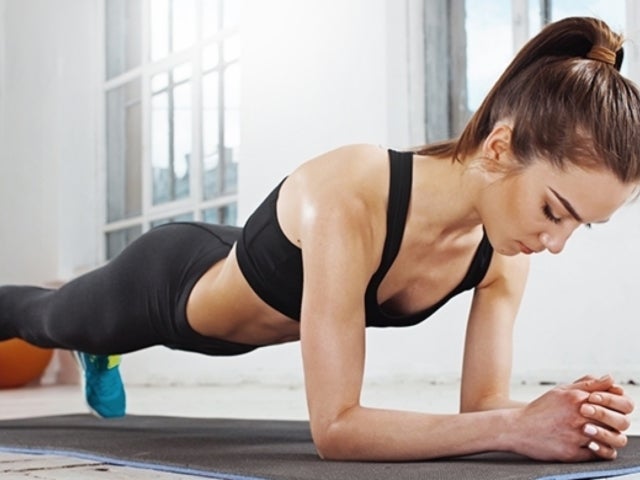In the pursuit of a healthy and fit lifestyle, exercise is undoubtedly a critical component. We spend hours at the gym, push our bodies to the limit, and follow strict diets. However, one aspect that is often overlooked but is equally vital is rest and recovery. The role of rest and recovery in fitness cannot be overstated. In this comprehensive guide, we will delve deep into the science and importance of rest and recovery in fitness.
The Science of Rest and Recovery
Understanding Muscle Growth
When we engage in strenuous physical activities like weightlifting or high-intensity interval training, our muscles undergo micro-tears. These micro-tears are a natural part of muscle growth. The real magic happens during the recovery phase. When we rest, our bodies repair these micro-tears, making our muscles stronger and larger. This process is known as muscle hypertrophy.
Hormonal Balance
Rest is essential to maintaining a healthy hormonal balance. Intense workouts can elevate stress hormones like cortisol, which, when chronically elevated, can lead to muscle breakdown and fat storage. Adequate rest helps regulate these hormones, promoting muscle growth and fat loss.
Central Nervous System Recovery
Physical activity places a significant load on the central nervous system. Overworking it without proper rest can lead to burnout, decreased performance, and increased risk of injury. Rest allows your central nervous system to recover, ensuring optimal performance in subsequent workouts.
Types of Rest and Recovery
Passive Rest
Passive rest involves complete physical inactivity. This includes activities like sleeping, lying down, or sitting. During passive rest, your body focuses on recovery and repair, making it a crucial component of any fitness regimen.
Active Recovery
Active recovery, on the other hand, involves low-intensity activities like walking, swimming, or yoga. These activities improve blood circulation, reducing muscle soreness and speeding up the recovery process.
Nutrition and Hydration
Proper nutrition and hydration are also vital for recovery. Your body needs the right nutrients and fluids to repair and build muscle. A balanced diet and adequate hydration can significantly enhance your recovery.

Signs of Inadequate Rest
Recognizing the signs of inadequate rest is essential to prevent overtraining and its associated problems:
- Persistent Fatigue: Feeling exhausted even after a good night’s sleep.
- Decreased Performance: A noticeable decline in your workout performance.
- Mood Changes: Increased irritability and mood swings.
- Sleep Disturbances: Difficulty falling asleep or staying asleep.
Tips for Effective Rest and Recovery
- Sleep: Aim for 7-9 hours of quality sleep per night to support muscle repair and overall well-being.
- Active Recovery: Incorporate low-intensity activities into your routine on rest days to enhance circulation and reduce muscle soreness.
- Nutrition: Consume a balanced diet rich in protein, complex carbohydrates, and healthy fats to fuel your body’s recovery process.
- Hydration: Stay well-hydrated to support cellular function and muscle repair.
- Listen to Your Body: Pay attention to your body’s signals. If you’re feeling excessively fatigued, consider taking an extra rest day.
Conclusion
In the realm of fitness, rest and recovery are not just luxuries; they are necessities. Without proper rest, your fitness journey is at risk of plateauing, and you may even experience setbacks due to overtraining. Prioritize sleep, nutrition, and active recovery as essential components of your fitness routine, and you’ll be well on your way to achieving your fitness goals while avoiding burnout and injury.
So, remember, the next time you lace up your sneakers or hit the gym, that adequate rest is just as crucial as the workout itself. Embrace the role of rest and recovery in fitness, and you’ll find yourself on the path to a healthier, stronger you. Be sure to check out their latest blog post to find more tips and information about fitness.



